Our commitment to excellence and to a client-centered practice means that we make every effort to make sure the information we give clients is accurate and reliable. We spend hours every week reading research and discussing it with other well-informed professionals. We read extensively to understand how pain works, how the body works, and what we, as manual therapists, can do to help our clients. When we discover that an idea we held to be true turns out to be wrong, we change our thinking to conform to the best available evidence. We work at keeping it real so that we can best serve the needs of our clients.
Our FaceBook friend Nick Ng quoted us at length in an article he wrote about Massage Myths That Need To Be Trashed. We really like his article and we’re flattered he liked what we had to say about the need to support our claims with evidence and to welcome honest inquiry.
“When someone asks us to support our claims with evidence, that is not an attack. It is not disrespectful. It is an opportunity for us to share our knowledge, examine our assumptions, and correct our thinking if it needs correcting,” wrote licensed massage therapist Alice Sanvito on her Facebook notes, who practices in St. Louis, Missouri. “If we feel threatened by the request to support our claims, then maybe it’s time for us to re-examine those claims. Are we big enough and professional enough to hold our claims up to scrutiny? Do we care enough about the client to make sure that the information we give them is accurate? What is more important? Our ego, our cherished beliefs, our delicate emotional sensibilities – or the well-being of the client? The practice of massage therapy should be client-centered and that means putting the well-being of the client first.”
“Perhaps all ideas maybe should be heard, but that does not mean that they should be accepted,” Sanvito continued. “Perhaps the reason to allow all ideas to be heard is so that we can refute the ones that need refuting. Every massage therapist who cares about their clients should be willing to examine their assumptions, have them challenged, and be able to support their claims with evidence. I can see no room for an exception.”
Massage myths may not be getting trashed anytime soon, but the need for massage professionals to be well-informed and critical about their practice and beliefs is essential. “You see, what we say does matter,” Sanvito added. “We should want evidence to support our claims just for ourselves, to know that what we think and say to clients is correct. But most importantly, we should want it for the client so that we know we will not do them harm.”
Nick also covered some popular massage misinformation regarding massage and pregnancy that we also wrote about in a recent blog article.
You can read the rest of his article at http://guardianlv.com/2014/08/massage-myths-that-need-to-be-trashed/#GyflY68szVHSlDa1.99





